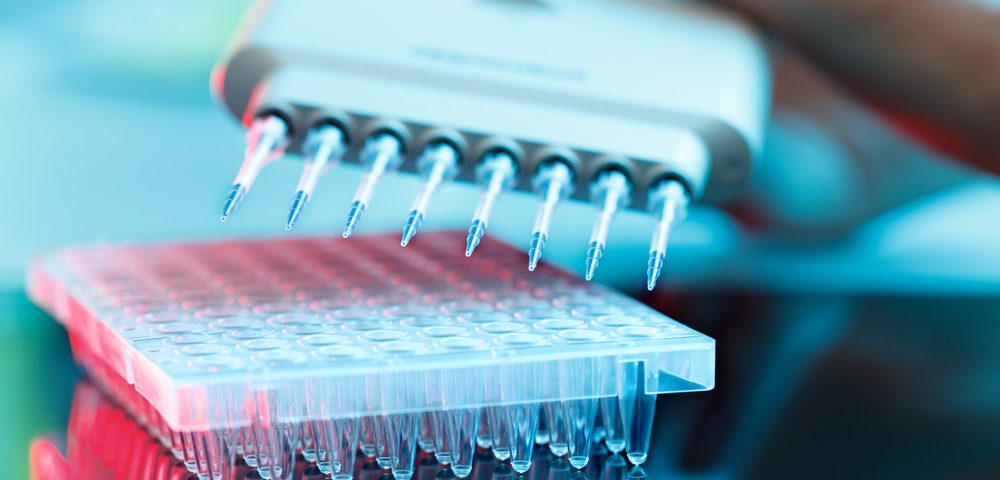A liquid biopsy assay called Resolution HRD is being used in Phase 2 and Phase 3 trials of Zejula (niraparib) to help screen key mutations in prostate cancer patients.
Through a blood draw, Resolution Bioscience’s cell-free DNA (cfDNA) assay identifies mutations implicated in homologous recombination deficiency (HRD), which can be single nucleotide variants — changes in only one of the building blocks of DNA — copy number variants, or DNA deletions. HRD refers to defects in a DNA repair pathway.
In May, the assay received breakthrough device designation by the U.S. Food and Drug Administration. According to Resolution, the method, being developed as part of a research collaboration with Janssen Research & Development, may benefit patients with late-stage prostate cancer, when tissue can be difficult to collect. Ultimately, it may enable more men to be treated with targeted medicines, such as Zejula.
“Built on our proprietary cfDNA next-generation sequencing technology platform, we expect the Resolution HRD assay will enable Janssen to identify patients with prostate cancer who may benefit from [Zejula],” Mark Li, Resolution’s CEO, said in a press release.
Li further noted that the company’s collaboration with Janssen is part of a commitment “to develop diagnostic assays that may assist in bringing new therapies to market.”
Resolution is planning to seek approval for the assay as a companion diagnostic for Zejula in prostate cancer. If successful, the test would be the first to detect gene deletions from cfDNA, and to differentiate heterozygous from homozygous deletions, which refer to alterations in one or both gene copies. Resolution HRD is also able to detect loss of function in both gene copies through the sequence deletions.
Zejula is an oral treatment that selectively blocks the enzyme PARP, which helps repair damaged DNA. Blocking PARP in cancer cells leads to their death, particularly if cancer cells have mutations in other DNA repair pathways, such as BRCA and HRD mutations. It is marketed by Tesaro in the United States, European Union, and Switzerland for the treatment of ovarian cancer.
In 2016, Tesaro and Janssen Research & Development reached an agreement to develop Zejula in prostate cancer globally, except Japan.
Early results of the Janssen-sponsored GALAHAD Phase 2 study (NCT02854436; still recruiting) showed that four in 10 adults with metastatic castration-resistant prostate cancer (mCRPC) and BRCA mutations responded to Zejula. These patients had failed treatment with next-generation androgen receptor inhibitors and the chemotherapy docetaxel.
Other ongoing trials of Zejula include the MAGNITUDE Phase 3 study (NCT03748641), which is analyzing its combination with Janssen’s Zytiga (abiraterone acetate) and prednisone in adults with metastatic prostate cancer, and the QUEST Phase 1/2 trial (NCT03431350) of combinations with Zejula in patients with mCRPC.
Both these studies are also enrolling participants. For more information, please click on their trial identification numbers.

